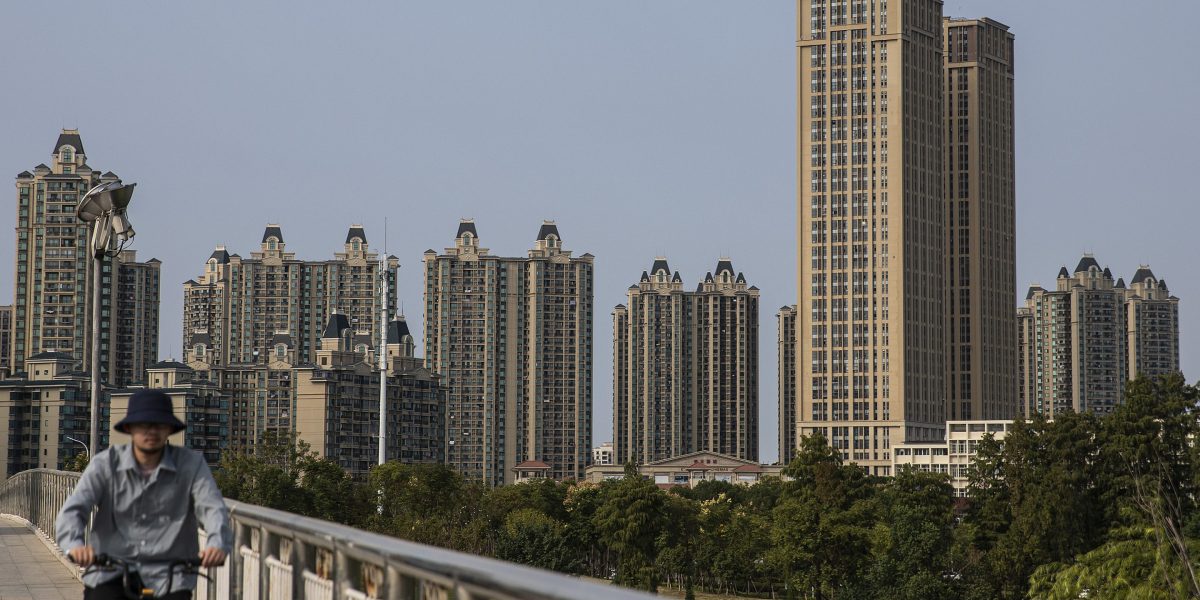From afar, China Evergrande Group had all the makings of a killer distressed-debt trade: $19 billion in defaulted offshore bonds; $242 billion in assets; and a government that appeared determined to prop up the country’s faltering property market. So US and European hedge funds piled into the debt, envisioning big payouts to juice their returns.
What they got instead over the course of the next two years is a harsh lesson in the dangers of trying to bargain with the Communist Party. The talks are now dead — a Hong Kong court has ordered Evergrande’s liquidation, and the bonds are nearly worthless, trading in secondary markets at just 1 cent on the dollar.
In the aftermath of the Jan. 29 wind-up order, the biggest in China’s history, key players on both sides of the negotiations paint a Kafkaesque picture of endless micro-managing by unidentified government handlers that was communicated to investors through a mind-numbing maze of channels, only to then be interrupted by months-long gaps in dialogue. The last of those gaps came — to the shock of creditors — after the court’s December ruling giving the two sides one final chance to cut a deal.
Bloomberg spoke with more than a dozen people with direct knowledge of the talks for this story. All of them requested anonymity because they weren’t authorized to comment publicly about private conversations.
While global money managers have long known that the Chinese government exerts influence over corporate affairs in ways that are uncommon across the developed world, Evergrande was nonetheless a first-hand education for many of them in just how much authorities will intervene for the sake of political and economic expediency.


Did they do their DD, and DRS? I heard it worked for GameStop investors.